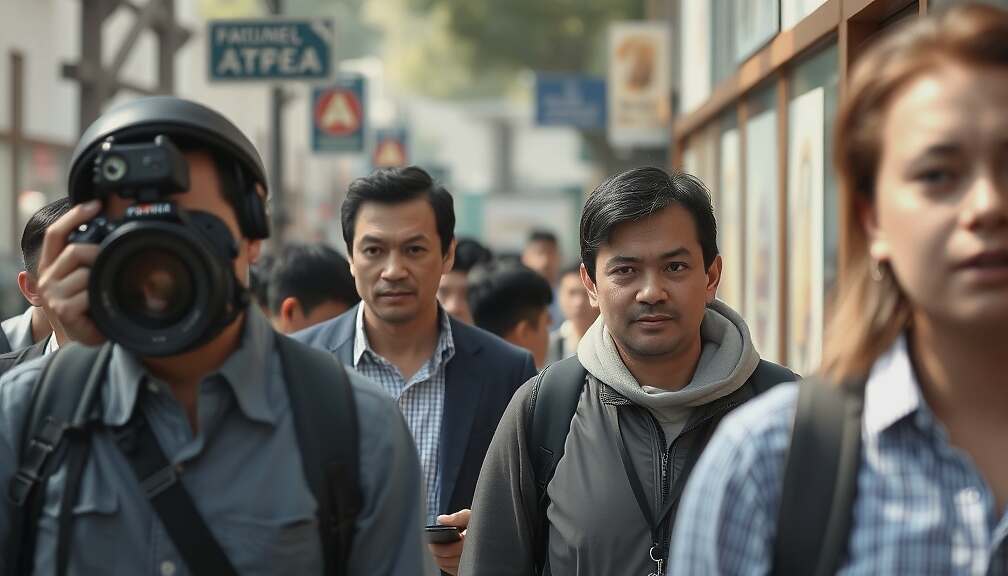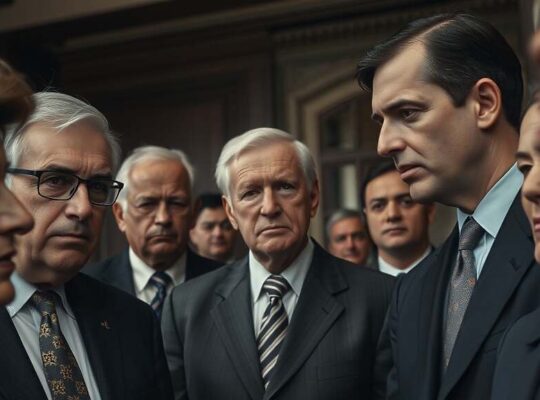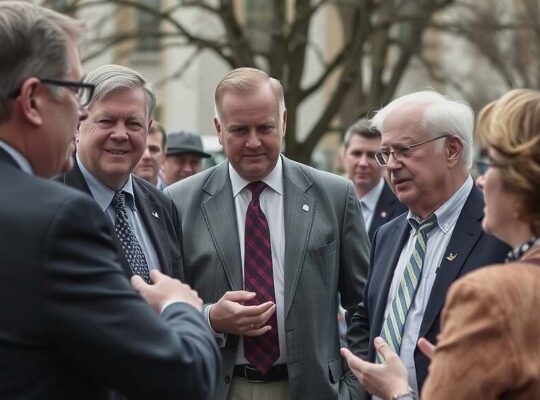The rhetoric surrounding US immigration policy has escalated dramatically, with former Democratic Congressman Beto O’Rourke drawing a stark and controversial comparison between current ICE (Immigration and Customs Enforcement) tactics and methods employed during the Nazi era. In an interview with the German weekly “Die Zeit” O’Rourke described the actions of masked ICE agents apprehending individuals without warrants or identifying markings as “classic authoritarianism” arguing their targeting of vulnerable populations who lack support is a hallmark of oppressive regimes.
O’Rourke stressed the intention of his analogy, clarifying that it serves as a cautionary reminder of the lessons learned from the 20th century, urging vigilance to avoid repeating historical mistakes. His remarks represent a sharp escalation in the ongoing political debate over immigration enforcement and are likely to intensify criticisms of the Biden administration’s approach.
Beyond the controversial comparison, O’Rourke delivered a scathing critique of his own party, lamenting a perceived weakness and lack of direction within the Democratic establishment. He accused Democrats of prioritizing adherence to rules and avoiding offense over wielding influence, a strategy he believes has left them vulnerable to the “overwhelming” force of the opposing party. He directly criticized President Joe Biden, labeling him “the worst communicator in recent history” and casting doubt on his fitness for a second term due to age concerns.
The former congressman’s assessment extended to past administrations, accusing both Democratic and Republican leadership of failing to address critical immigration reform. He specifically pointed to unfulfilled promises by President Barack Obama, highlighting a pattern of inaction that has eroded public trust. “People are saying to us, ‘We can’t trust you'” O’Rourke asserted, underscoring a growing perception of Democratic unreliability on a key issue.
This blunt assessment signals a desire for a more aggressive and assertive stance from the Democratic party, particularly as the 2024 election approaches. It remains to be seen whether O’Rourke’s critique will spur significant shifts in party strategy or if it will be dismissed as overly provocative. However, it undoubtedly injects a new level of urgency and controversy into the ongoing debate about US immigration policy and the political landscape surrounding it.












